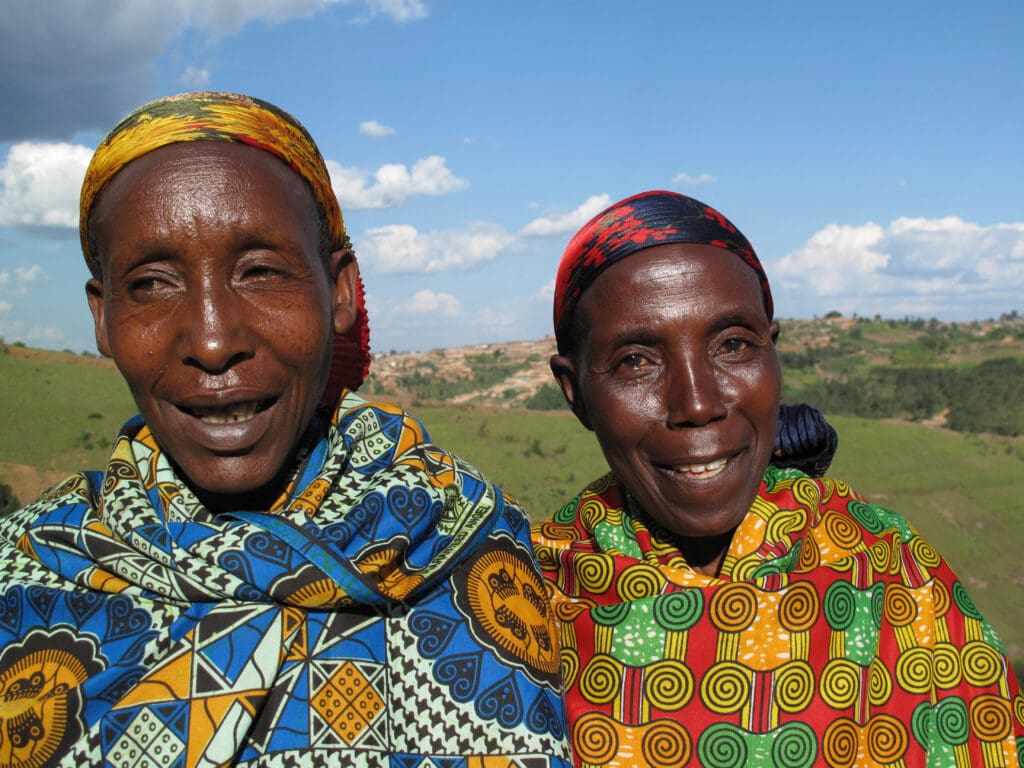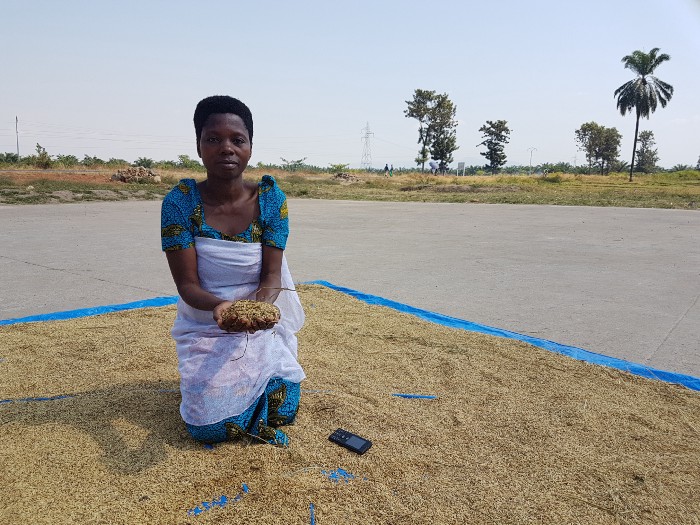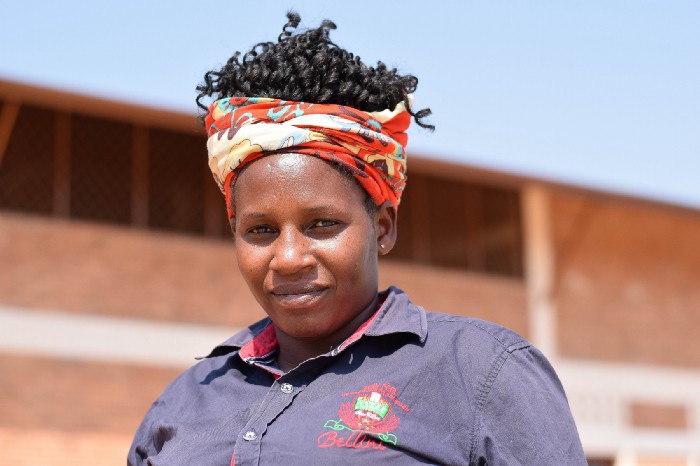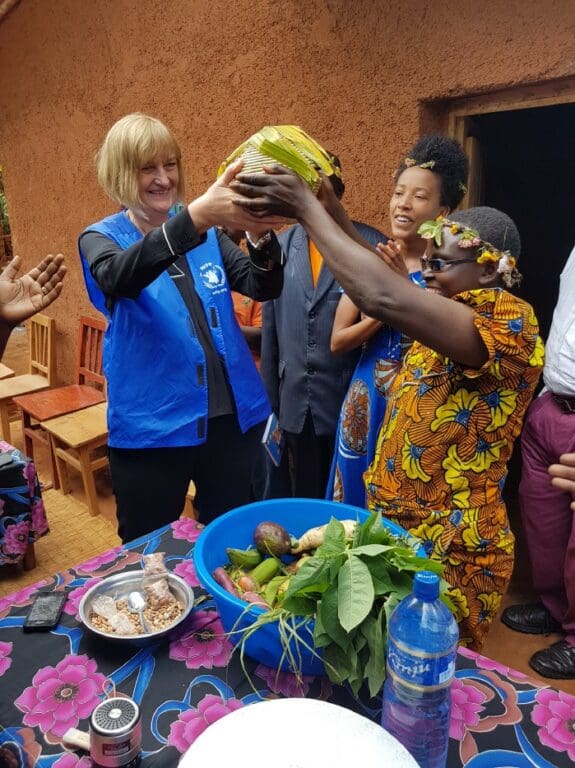In Burundi, What Do Farmers and Food Waste Have in Common?

In Burundi, 90 percent of the population is dependent on agriculture, but agricultural productivity and access to farmable land are low.
If all the food produced locally in Burundi in one year were gathered and distributed, there would only be enough to feed Burundians for 55 days. This stark statistic shows just how critical it is to improve agricultural production and reduce post-harvest losses in this small, densely-populated country that has one of the fastest growing populations in Africa.
What is post-harvest loss (aka PHL)?
Post-harvest loss is a form of food waste that happens before food ever reaches our plates. It happens when food spoils because of poor storage, when crops rot in the field because of a drought or storm, or when food is damaged during transportation. Across Africa, farmers lose up to 40% of their crops because of PHL.
In Burundi, more than 50 percent of the population is chronically food insecure, and a quarter of the population (2.6 million people) is severely food insecure, putting Burundi on the same level of food security crisis with Somalia. WFP and its partners are supporting government efforts to build resilience in local Burundi communities.
Currently, WFP supports over 20,000 small-scale farmers to increase production, reduce post-harvest losses, access new markets and increase their incomes.
In addition to offering a lifeline to project participants, WFP support addresses the root causes of food insecurity and malnutrition in Burundi by stimulating local food production and boosting the local economy.
Jacqueline Nzeyimana is a mother of seven. She lives in Mpanda commune, 12 miles northwest of Bujumbura. Like many women in Burundi, Jacqueline grows cassava, beans and corn to support her family. But reduced land area for cultivation, poor-quality seeds and climate change mean that what she grows is hardly enough to meet the family’s needs throughout the year.

With help from WFP, Jacqueline now grows enough rice to sell and support her family.
In 2013, the young mother joined the Twizigirane farmers’ cooperative when WFP introduced its Purchase for Progress program. Through the program, Jacqueline benefited from training on marketing and post-harvest management. After, she was able to increase her crop production and get a better price for the surplus crops she sells. This lets her pay school fees for her children and provide regular, diversified meals for her family members.
“I am happy with this project which has allowed me to not only look after my family but I also now own a cellular phone,” she says with a smile. “What I want now is to buy and drive my own car.”
Chantal Manirambona (below) is also a mother, and her four children are benefiting from the program as well. Because Chantal wasn’t able to complete primary school, she didn’t know how to read or write. But thanks to the literacy training offered by WFP, she is reading and writing every day.

Chantal is proud of what she has achieved since joining the cooperative.
Like Jacqueline, Chantal also uses a cell phone to write and send text messages to her friends, relatives and other members of the cooperative. She’s learned so much that she was elected vice-president of her farmer cooperative.
“With my position in the cooperative, I gained respect from my husband and my point of view is now considered within my community,” says Chantal.
Her dream is to further develop agriculture using new technology.
Increasing food security, improving lives
“It is very stimulating to see that WFP programs are helping women to stand on their own feet,” says Erika Joergensen, WFP’s Regional Director for East and Central Africa.
“This is exactly what we want. We want you to be independent. We want you to achieve sustainability,”
Decreasing food waste by reducing the post-harvest losses is a vital step towards meeting the world’s growing food needs and is one of the pillars of the Zero Hunger Challenge.

Erika Joergensen on a recent visit where she met with smallholder farmers.
This also plays an important role in WFP’s objective to improve the lives of small-scale farmers. By making food more affordable and consistently available for poor households, overall food security is increasing.
Erika puts it simply: “Empowering women who bear the primary responsibility for feeding their families is key to achieving #ZeroHunger.”
This piece originally appeared on WFP’s Insights.
Check out our Burundi country page for the latest updates.




